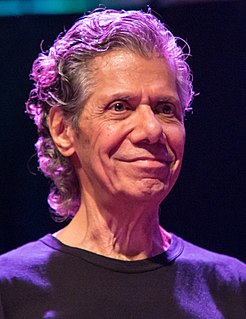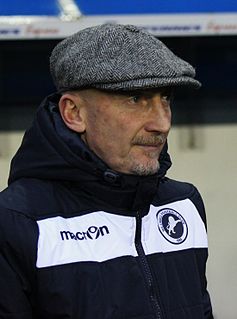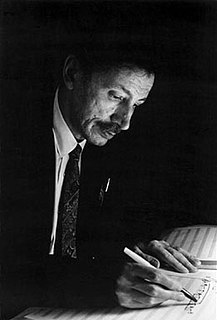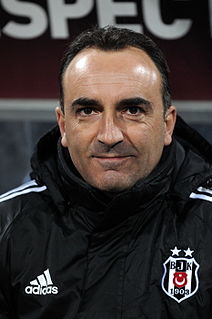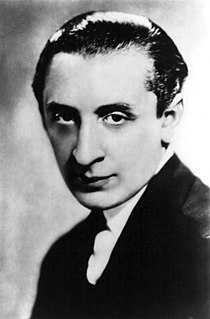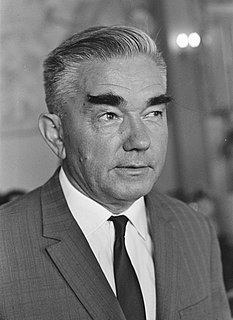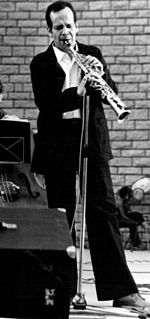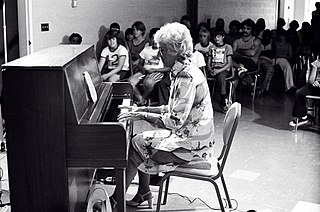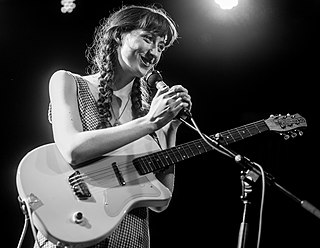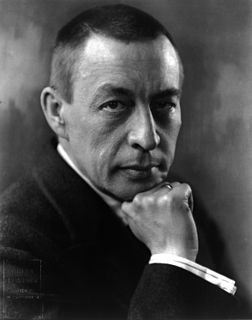A Quote by Chick Corea
I like Stevie Wonder as my favorite non-pianist pianist. I mean, I shouldn't call him a non-pianist, because he's really a great pianist, but he doesn't feature it that much - he uses his keyboards and his piano technique to support his great songs and so forth, but he can really blow.
Related Quotes
Duke Ellington is my choice for many reasons. Nobody has written so many great pieces of music, which are everlasting, and he has made them available to the world through his orchestrations of his work in a unique way. Lastly, he was himself a fine pianist. He covers the entire musical spectrum with his genius.
Opinion in all parts of the world would agree that Rachmaninoff is the most complete of living masters of the instrument; his technique is comprehensive, and he is, of course, musical to his bone's marrow. Most important of all, he is a composer, and for this reason he is able to approach a work as none of his pianist contemporaries can approach one - that is, from the inside, as an organic and felt creative process.
